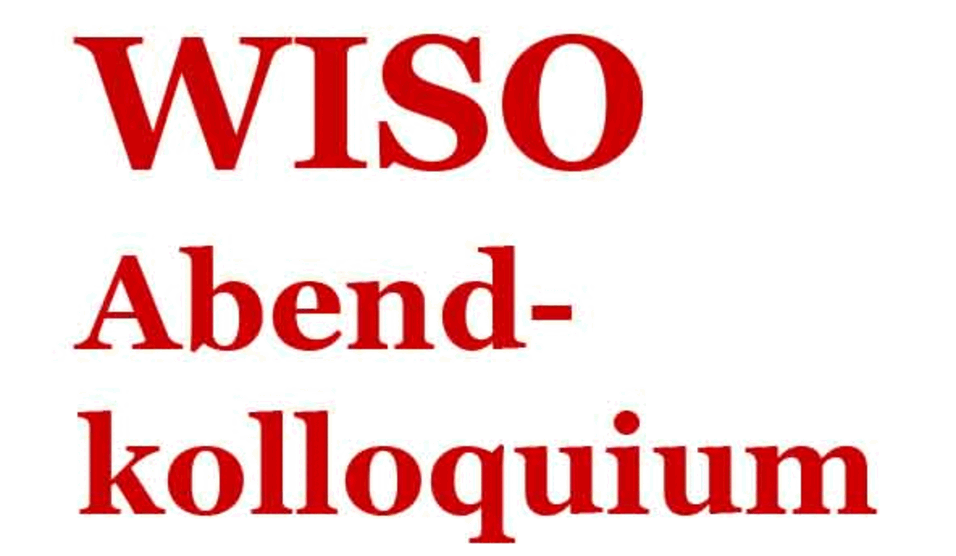This paper explores how Amsterdam credit networks navigated the geopolitical and geo-economic crisis of the late eighteenth and early nineteenth century, the Atlantic Revolutions. Rather than view this era as a shock that paralysed the Amsterdam market, leading to demise, this paper proposes that Amsterdam financiers seized on new opportunities unleashed by Napoleon’s wars.
The historiography presents the era of the Atlantic Revolutions as a catastrophe for the Amsterdam capital market. Commercial ties to the Dutch overseas territories severed and the Dutch carrying trade was dealt a final blow. The dearth in commerce hampered the capital accumulation that was needed for finance. Amsterdam’s decline came at London’s benefit.
Whilst the demise of the Amsterdam capital market in favour of London is not contested, the historiographical representation is too focussed on why London rose. There is too little recognition of how Amsterdam financiers responded to the changes to the Atlantic economy. Based on a study of the financing of the sale and purchase of Louisiana, this paper argues that the Amsterdam financier adapted to the changing international circumstances by aligning their financial interests to the geopolitical ambitions of the Napoleonic regime through remitting extracted resources to Paris. This new line of business infused much capital into Amsterdam financial networks, leading to a small boom. However, in financing Napoleon’s wars, Amsterdam financiers bet on the wrong horse. Napoleon was defeated and with his defeat, Amsterdam high finance lost their patron.
Mark Edward Hay read history in Amsterdam, Paris and Oxford. His doctoral research at King’s College London explored Dutch financial diplomacy in 1780-1815. Currently, Mark is Assistant Professor in History at the Erasmus University Rotterdam. He has a monograph forthcoming (Palgrave) on the financing of the sale and purchase of the Louisiana Territory. His broader research explores Napoleon war financing and the consequences thereof for the financial economies of Europe.

